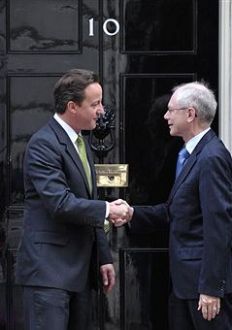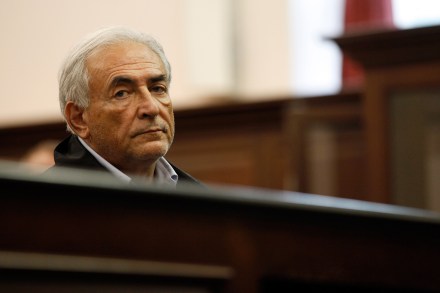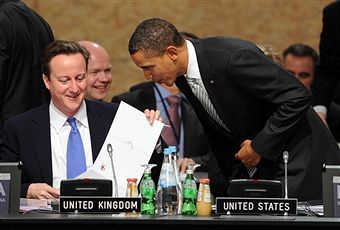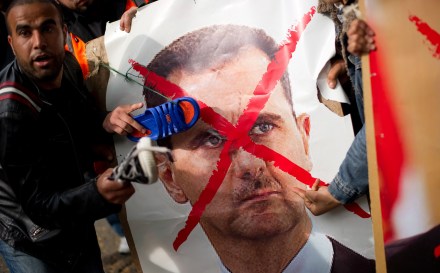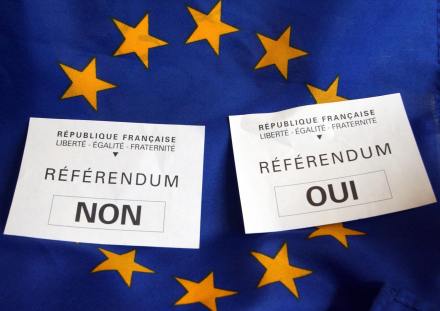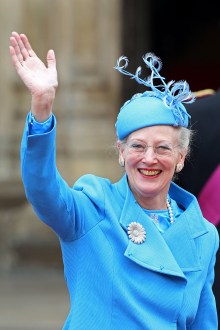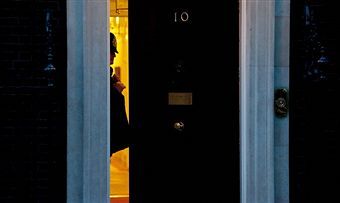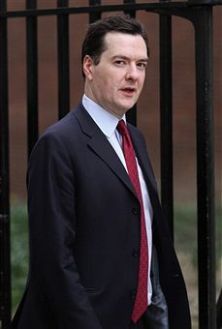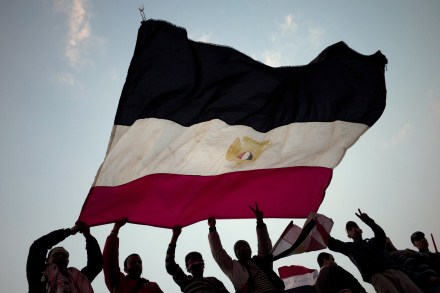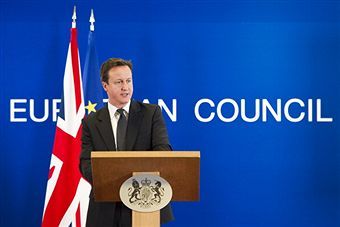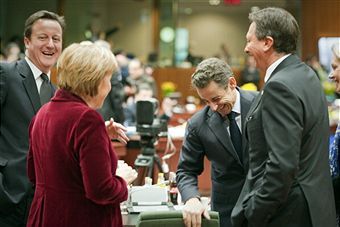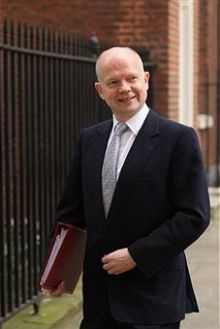Will Britain leave the EU in 2025?
Britain is going to stay in the EU for the next ten years at least. Of that I’m sure. But after that, when David Cameron’s retired, William Hague has taken to writing books, George Osborne’s had his chance and the 2010 intake run the party, the Tories are going to be more openly hostile to the EU. Labour will too; it has a larger reservoir of pro-EU sentiment among its ranks, but one that is shallower than it was. Focusing on the Tories, it is worth noting that nearly all of the names being bandied about as future Tory leaders have a visceral dislike of the EU. By and large
